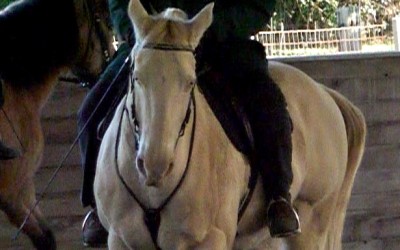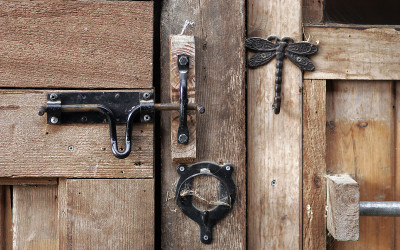About Our Team
The Foundation's Board

Mary Anne Campbell
Mary Anne Campbell co-founded the Foundation for the Equestrian Arts with classical master Craig Stevens. She had ridden throughout her life in various disciplines, but woke up to French Classical work when she met Craig in 2004. Mary Anne recognized that she’d found the kind of work she always dreamed possible, and she left her former life behind and began studying this material very deeply, working with Craig daily. She is now a credentialed rider, trainer, instructor and clinician with the Foundation for the Equestrian Arts. Mary Anne also has a bachelor’s degree in Fine Art from UC Davis, teaches art, studies yoga, is a published author and has raised two children, all of which informs her work with horses and students. Today Mary Anne teaches riders and trains horses at her classical facility, Blue River Farm in Snohomish Washington, and travels to present this work in clinics across the states and abroad. She also has an active online teaching program working with students on her own and as a co-instructor with Craig Stevens.
Allison Lekas
When Allison took her first lesson with Mary Anne, she thought she just wanted to ride a horse again. Growing up loving horses, Allison had a tall Pony of the Americas as a young teenager. She had been a (4-H) award-winning Western rider, and still found herself unreasonably happy every time she had a chance to pet a horse. Her initial thought when she signed up for lessons was “If I still enjoyed riding, it will be a far more interesting way to exercise than is usually available.”
She did not know what she was in for.
Allison says: “In the nine years since, practicing this equestrian art has reshaped every aspect of my life: How I partner, parent, work, and ride. To me, the Mediterranean approach {one of the aspects of this old way of working} is a unique framework within which to explore connection between horse and rider, language and meaning, known and unknown. It teaches me the discipline of listening, experimenting, and being continuously curious. The work makes me a better rider than I expected and a far better person than I thought possible. I joined the board to be a part of bringing that forward to new communicates and next generations so that it can continue to evolve.”
When not riding a horse, Allison is a process architect at a large media and entertainment company.


Kathy Richardson
Kathy owns the remarkable little horse “Trinket”, who might have become a back yard pony, but instead, through the work they do together in Classical training, is a master of charismatic haute ecole. Kathy also owns and enjoys working with the lovely “Monet”, a tender foil for Trinket’s feistiness. Kathy has earned her credential to teach life coaching with horses and works with people from all walks of life at her farm near Seattle. Kathy is a professional business consultant and a founding member of the Foundation’s team.
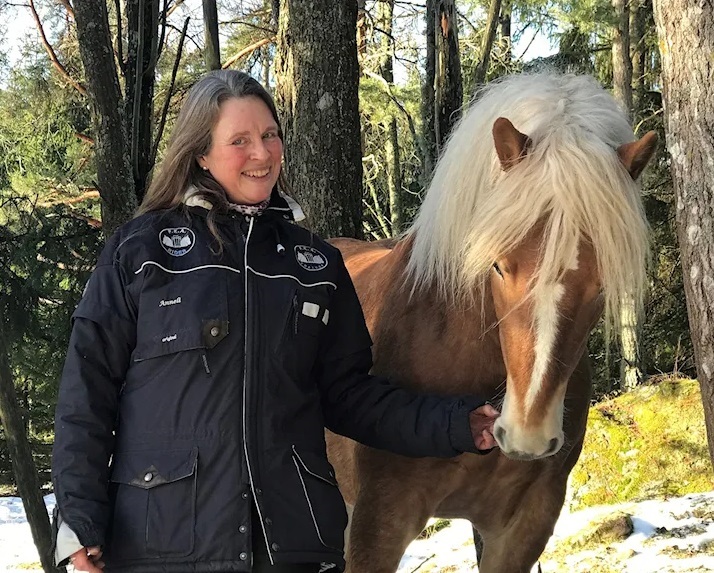
Anneli Eriksson
Anneli Eriksson grew up riding horses the modern way in Sweden. In 1999 Anneli rode in her first French Classical clinic with Craig Stevens in Knivsta, Sweden. She had just bought a young horse, “Midtway”, who was a kind three year old gelding, but very tough to ride. When Anneli arrived, she was unsure whether she’d ride for the full clinic, but 15 minutes into her first lesson with Craig she was hooked, and has never left this path since. Now, more than 20 years later, Anneli is a credentialed French Classical rider, trainer and instructor with the Foundation for the Equestrian Arts. She runs her own classical school in Knivsta, Sweden, with Midtway as the head instructor. No longer the difficult three-year-old, Midtway turned 26 in 2022 and he takes his riders through the classical teachings with responsibility, patience and gentleness. Anneli has three more horses also serving clients in the school – “His Heart”, “Alfons” and “Alex”. She completed the work to earn her three credentials from the Foundation for the Equestrian Arts in 2017, after having worked with Craig and Mary Anne for many years in Sweden as well as studying with them in the states; including a residential studies program in 2017.
Anneli has a background as a Business Manager, working with international affairs.
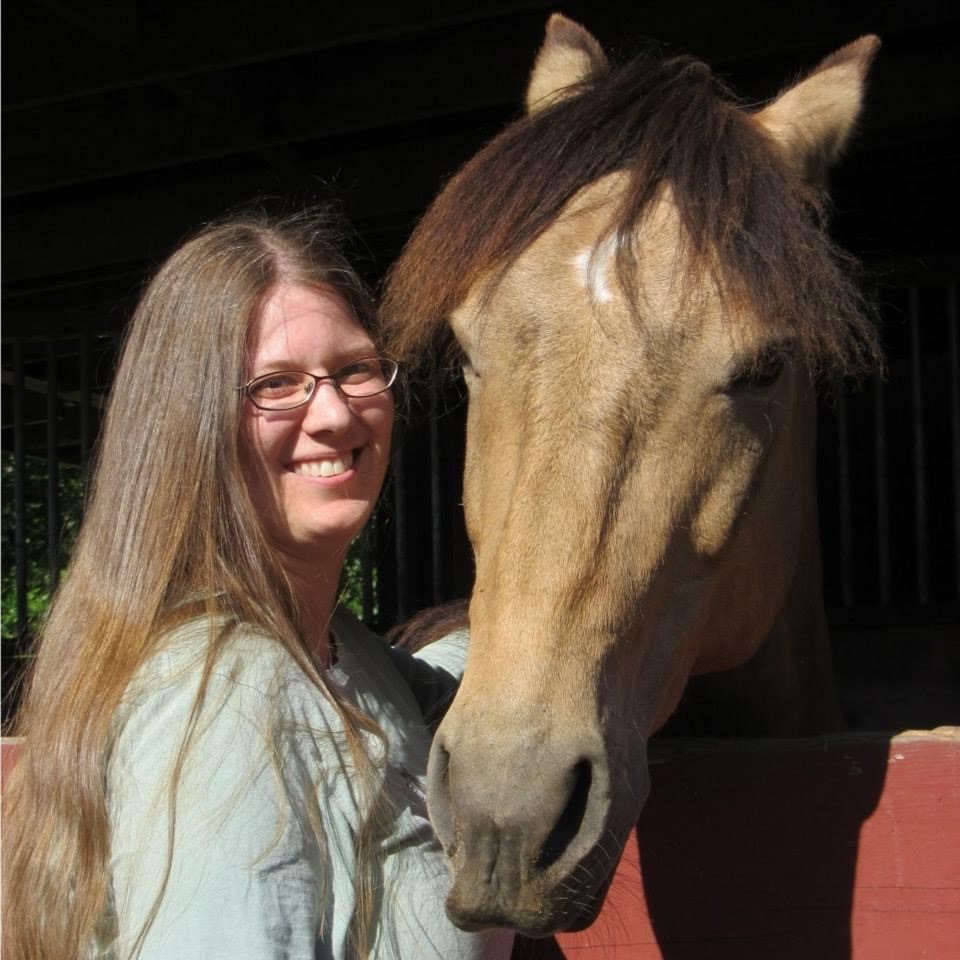
Tiffany Krieder
Tiffany Kreider discovered Classical Equitation during her search for her horse, Navarre, and has never looked back. She has studied with Craig Stevens and Mary Anne Campbell since 2011. Both Navarre and Tiffany have changed dramatically through this work. Navarre has discovered that people can be interesting conversationalists and Tiffany has discovered that, while he’s skilled and amazing at piaffe and flying changes and so forth– actually as their connection becomes real, the most exciting work is often also the slowest and least flashy.
Tiffany says : “Classical equitation changed everything for me. I had been searching for years without knowing that there was such a simple answer – a way to be with a horse that built the relationship without damage, and a language that was internally consistent and made sense with every horse and every rider. Learning that this existed changed my goals, my approach to life, and my personal expectations for how I wanted to work with my horse. It’s become absolutely vital to everything I do. I can’t imagine going back.”
Professionally, Tiffany works for an environmental engineering firm. Tiffany is also a member of a group called the Seattle Knights, with whom she wields swords in renaissance faire performances.
Founders
The Foundation for the equestrian arts was founded in 2008 by Craig Stevens and Mary Anne Campbell with Christie Fisher, Kelli Taylor DVM, and Kathy Richardson. The foundation arose from a long time dream Craig had to create an organization to preserve the work he had studied, trained, and taught internationally for more than fifty years. Craig continues to teach and train (at the pace that now suits him) in his retirement in Fort Collins, Colorado. And continues to teach lessons online for students all over the world.
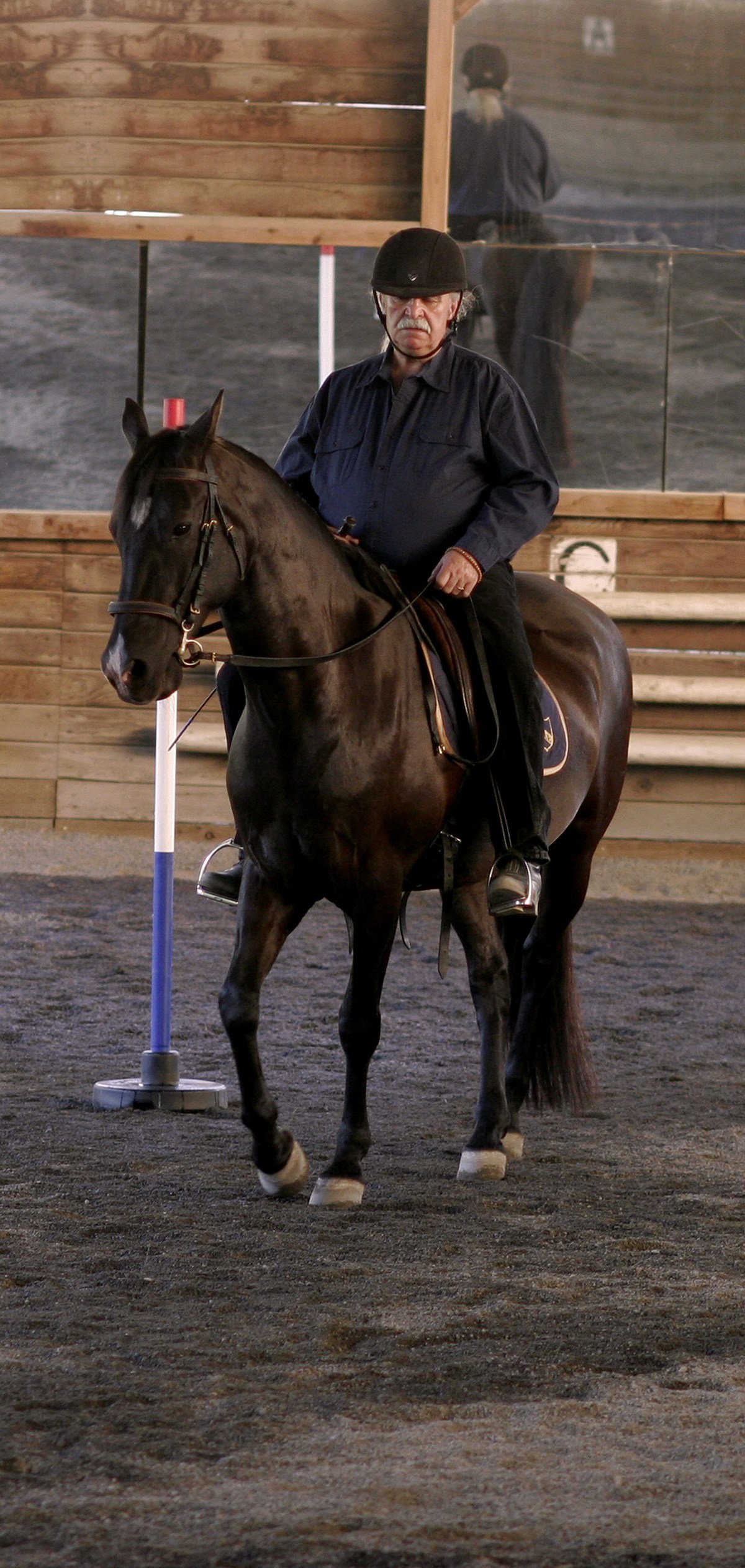
“It’s simple…” he says, “but it’s not easy.”
Recent Blog Posts
The Living Art of Dressage
Dressage should not be a dead thing. It is not a matter of worshiping at the mausoleum of dressage. Correctness should not a be grave you dig and throw the horse in and yet… Dressage means training. And all over the world, in every training discipline, the horse and the rider both are sacrificed to what is believed to be correct. Why is correctness seen as being so important? One reason is that it is a very human way to hold people to a dressage which controls not just the horse but the student. Always there is a fear that without dressage rules and dressage instructors you and the horse are doomed. That fear of ruining your horse is a sword hanging over your head. Yet, the seeking and forcing of correctness is the path to doing exactly that; ruining the horse. And destroying the instinctive, feeling brilliance of the rider as well. But there is a correctness that is kind, forgiving, curious, and alive. Correct dressage is not the imposition of an outside force to “make” the horse take on an appearance. Rather, correctness is a guideline to gently lead a horse to find mechanical efficiency and comfort in its work. Correctness is the awakening of an inner force which leads to happiness and comfort. The result of correctness is increased sanity and durability made over whatever time a horse needs to take to find its own best position. The point of educated riding is to gently lead the horse and trainer in the discovery of the joy of the relationship. Correctness is not a visual appearance though...Simple, but not Easy
Sometimes working as co-director of the school here along with Craig Stevens can be a bit daunting. I’m good at what I do, but I’m not Craig, and it’s hard not to feel shaky sometimes. One of the most powerful things he’s taught us is to learn where to read what is real, to learn how to authenticate the work. Here’s thoughts from me as a wife on the topic of being both irritated at the intransigence, and astonished at the beauty of my husband’s mind, and finding balance with the work. Learning to measure myself in the reality of the outcomes with horses, students, and my own growth as a rider day by day.
Inside out not outside in
Distracted by the flash and glamour of competitive dressage, we seek refuge in an objectivity which few can afford. We seek outer solutions for our inner problems and hold the horse hostage to our existential crisis.
Recent Projects
What’s the Foundation up to these days…. and how can you become involved?

